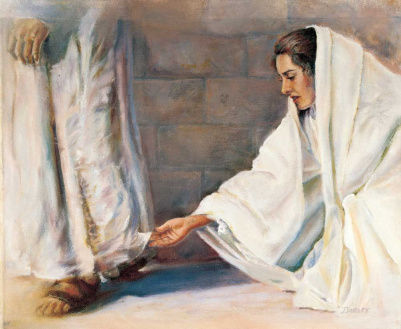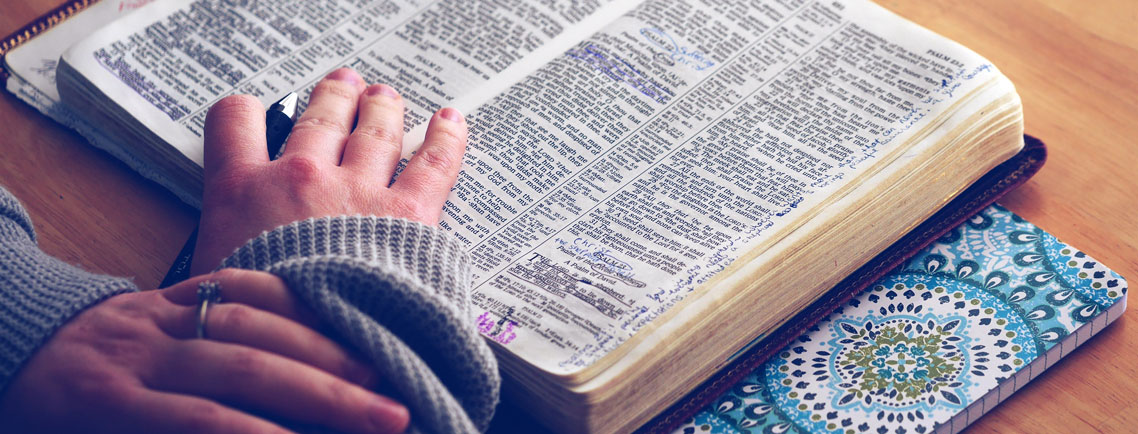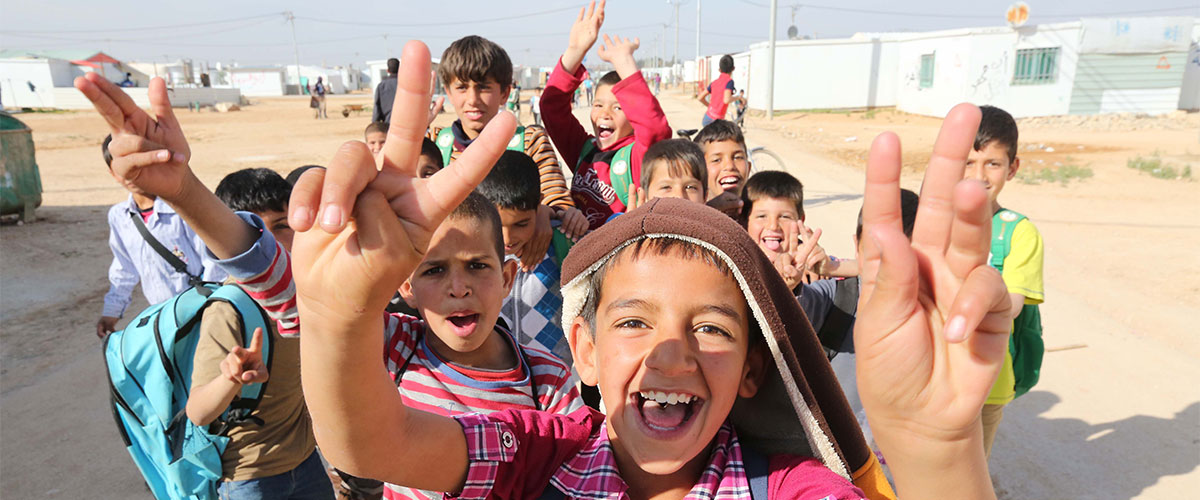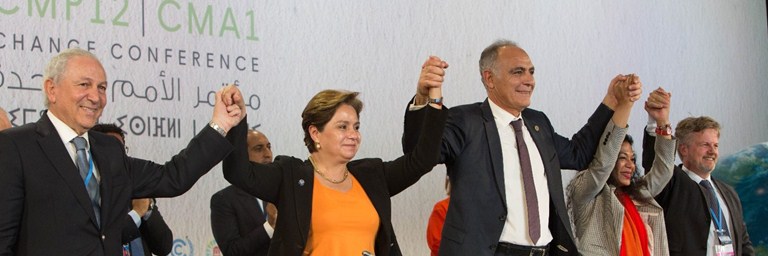The world of cinema production and that of the theater allow us to witness human experiences that often depict our own personal emotions.
Watching a film, or seeing the actors evolve on the scene, can be powerful means of… introspection and self-knowledge.
For my part, I feel that the same can be said of… some texts of the gospel!
You are surprised at this statement?
Today’s gospel (13th Sunday of Year B – Mk.5:21-43) is a good example of this.
The woman we meet there – interrupting Jesus’ walk to Jairus’ house – is a fascinating study in human experience.
Suffering, shame, faith, hope, courage – you can find all of these in her.
For years, 12 years in fact, she has been spending her money going from one doctor to another in search of help.
But her condition, far from improving, has got worse.
She is at a loss as to what to do to find some relief.
The cause of her affliction is a source of shame and she does not want to reveal it.
She decides on a course of action all at once daring and discrete:
she will try to touch the hem of Jesus’ cloak.
Only that – she is convinced that it is enough.
And it is! For her touch is born out of FAITH in the power of Jesus to make her well.
Then, Jesus asks a question that his disciples judge pointless:
how can he ask who touched him when a crowd is surrounding him on all sides?
But Jesus wants something more than healing for the woman –
he wants everyone to know of her faith and courage.
That the source of her shame may become source of joy.
Her desolation may become exultation!
This is God’s way, God’s overwhelming compassion and true understanding of our human suffering.
Source : Images : aishamydaughter.org cisphil.org
Note: Another reflection on a different theme is available in English at: https://image-i-nations.com/13e-dimanche-de-lannee-b/
 May 8 is World Red Cross and Red Crescent Day. It’s a time to recognize the staff and volunteers who traverse their communities, their countries, and the globe to alleviate human suffering.
May 8 is World Red Cross and Red Crescent Day. It’s a time to recognize the staff and volunteers who traverse their communities, their countries, and the globe to alleviate human suffering.




 The theme honours the spirit of
The theme honours the spirit of 



